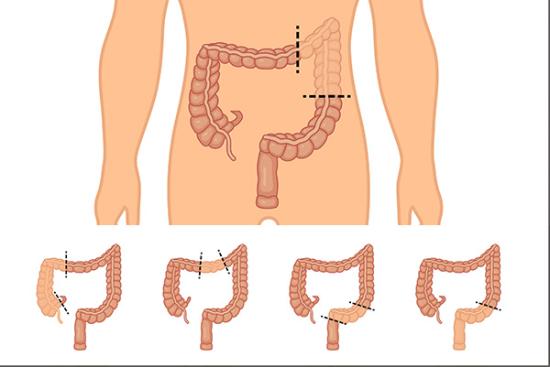A colectomy is a surgical procedure to remove all or part of the left or right colon. The colon is part of the large intestine, a long, tube-shaped organ at the end of the digestive tract. Colectomy may be necessary to treat and prevent diseases and conditions affecting the colon.
Risks and Side Effects
- Bleeding
- Hematoma
- Infection
- Scar abscess








